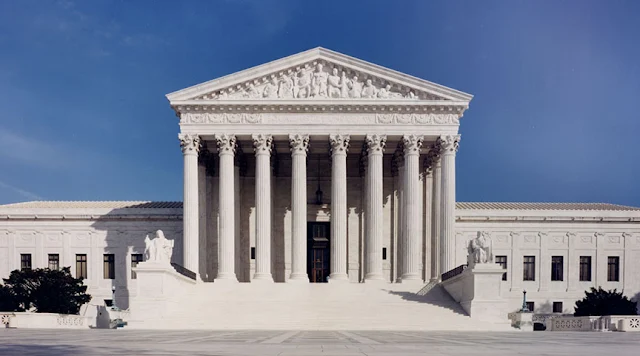
WASHINGTON, D.C. – Justice Alito, joined by Justice Thomas, dissented from the Supreme Court’s April 19, 2025, order granting emergency relief under the All Writs Act, which barred the Trump Administration from removing a “putative class of detainees” subject to a March 2025 Presidential Proclamation invoking the Alien Enemies Act.
Alito argued the decision was hasty and legally flawed due to:
Jurisdictional Doubts: The All Writs Act requires existing jurisdiction, which was unclear since the appealed “order” was a constructive denial of a temporary restraining order (TRO), not appealable under precedent. The Fifth Circuit also found it lacked jurisdiction.
Procedural Irregularities: Applicants failed to properly seek relief in the District Court, imposing an unrealistic 45-minute deadline before appealing, potentially violating Federal Rule of Appellate Procedure 8.
Premature Action: The Supreme Court acted while the Fifth Circuit was still considering the issue, ignoring Rule 23.3’s requirement to exhaust lower court remedies absent extraordinary circumstances.
Lack of Government Response: The Court ruled without a government response, relying solely on applicants’ filings, despite the District Court granting the government 24 hours to respond before the appeal disrupted proceedings.
Weak Factual Basis: Applicants’ claims of imminent removal lacked concrete evidence, and a government attorney in a related case indicated no deportations were planned for April 18-19.
Unprecedented Class Relief: The Court granted class-wide relief without a certified class, a novel and unsupported move in habeas proceedings.
“In sum, literally in the middle of the night, the Court issued unprecedented and legally questionable relief without giving the lower courts a chance to rule, without hearing from the opposing party, within eight hours of receiving the application, with dubious factual support for its order, and without providing any explanation for its order. I refused to join the Court’s order because we had no good reason to think that, under the circumstances, issuing an order at midnight was necessary or appropriate,” Alito wrote.
“Both the Executive and the Judiciary have an obligation to follow the law. The Executive must proceed under the terms of our order in Trump v. J. G. G., 604 U. S. ___ (2025) (per curiam), and this Court should follow established procedures.”
Copyright 2023-2025 FloridaWord.com